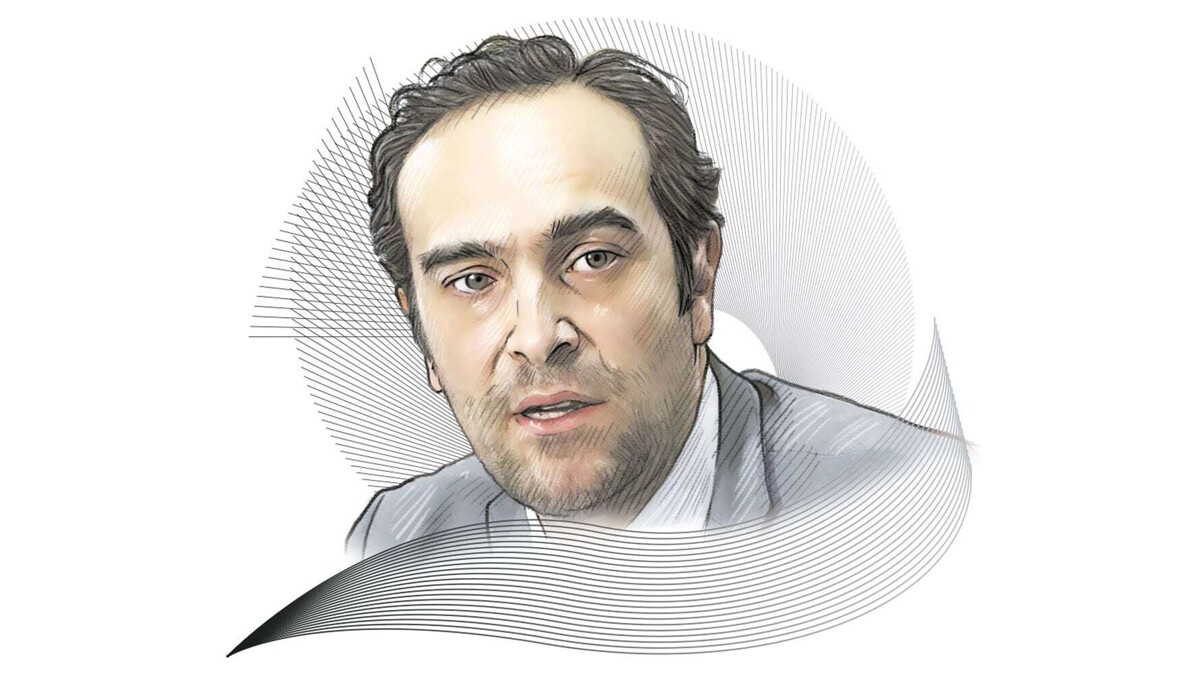
Experts in railway issues have expressed clear opinions regarding the plans presented for the development of the railway system in Mexico during the presidency of Claudia Sheinbaum. It is noted that these plans could end up being just good intentions, as some fronts appear complicated. With more than 157 billion pesos allocated to this project, there is evident great interest in its success. However, there are doubts about its viability, especially concerning the recovery of the investment, something that is also questioned with the Maya Train.
Andrés Lajous, at the helm of the Regulatory Agency for Railway Transport (ARTF), faces the challenge of concluding the segment that would connect Felipe Ángeles International Airport (AIFA) with Mexico City, a plan that has suffered logistical and design delays. The central idea is to connect tourist areas with populations and link isolated communities with cities, also promoting freight transport to ease congested roads.
Although the Mexico-Querétaro Train could prove profitable in the long term, its completion by 2027 is deemed ambitious. It is highlighted that the effectiveness of these projects will require more than goodwill, given the inherent logistical and security complexities of railway transport. Similar to the Maya Train, the Army is expected to be in charge of the basic engineering.
In another vein, various sectors have criticized the use of the minimum wage and the Units of Measurement and Update (UMA) in labor issues in Mexico. The Supreme Court of Justice of the Nation (SCJN) will review an amparo related to this issue, to determine whether the minimum wage or the UMA should be used as a reference for the payment of civil liabilities and damage reparations.
Lastly, Grupo Bimbo continues to excel in ESG (environmental, social, and governance) practices. The baking company has maintained the first place in the ranking of Mexico's Most Responsible ESG Companies for 2024 for eleven consecutive years. Their initiatives in renewable energy stand out, operating 100% with this type of energy in 27 countries. Grupo Bimbo aims to extend this practice to the 35 countries in which it operates, thus meeting its objectives for 2025, ensuring a promising future in these areas.













